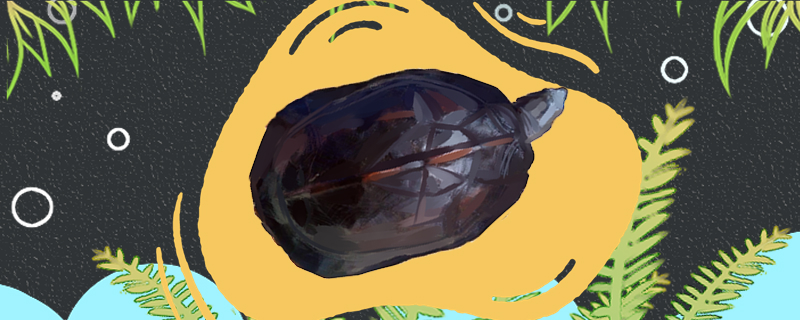
Myanmar Black Mountain Tortoise can live in the wild, can also be raised. The growth status of wild Burmese black mountain turtles is closely related to the surrounding environment. Due to the influence of climate, Myanmar Black Mountain tortoise will begin to reduce appetite when the temperature drops, and then gradually will not eat, and become inactive, that is, into a state of hibernation. When the temperature begins to rise in the spring of the next year, they will slowly wake up from hibernation and begin to eat and move.
When raising them artificially, they can also hibernate in winter. At this time, they can be raised without heating, and they will naturally enter the hibernation state when the water temperature is low. Of course, there will also be breeders who do not want to let Myanmar Black Mountain tortoises hibernate, which is also possible, at this time heating can be raised, but it is recommended to let them hibernate.
As mentioned above, the life activities of the Burmese black mountain turtle are related to the climate. For wild Burmese black mountain turtles, they usually begin to lose appetite around October every year, and then slowly stop feeding and begin to hibernate. Around April of the next year, the temperature rises to a certain range, at which time they will begin to feed. From June to August, their appetite is the most vigorous period of time, and their growth rate is naturally the fastest in this period.
The Burmese black turtle under artificial breeding conditions is different, because the water temperature conditions can be adjusted at any time. Therefore, they can slowly lower the water temperature around November every year so that they can begin to hibernate. Let the water temperature rise naturally around March every year, and let the Burmese black turtle wake up.